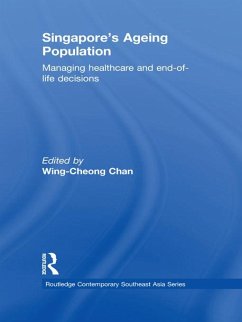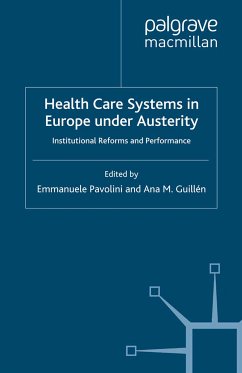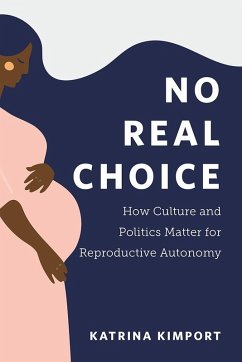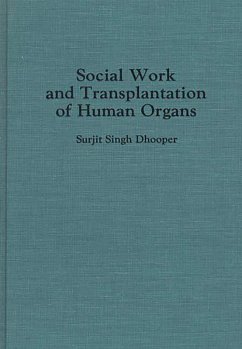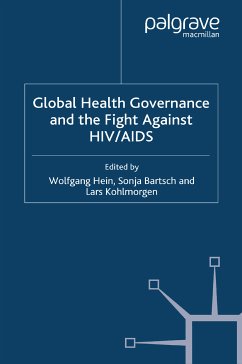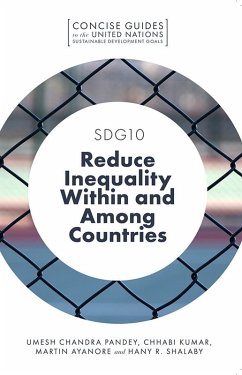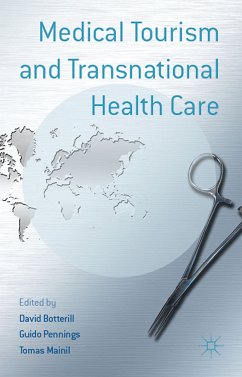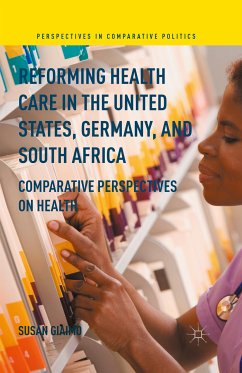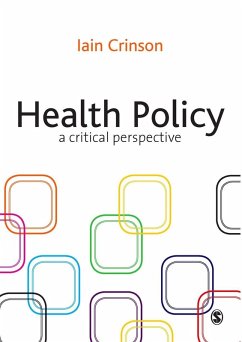
New Organs Within Us (eBook, PDF)
Transplants and the Moral Economy
Versandkostenfrei!
Sofort per Download lieferbar
137,95 €
inkl. MwSt.
Weitere Ausgaben:

PAYBACK Punkte
69 °P sammeln!
New Organs Within Us is a richly detailed and conceptually innovative ethnographic analysis of organ transplantation in Turkey. Drawing on the moving stories of kidney-transplant patients and physicians in Istanbul, Aslihan Sanal examines how imported biotechnologies are made meaningful and acceptable not only to patients and doctors, but also to the patients' families and Turkish society more broadly. She argues that the psychological theory of object relations and the Turkish concept of benimseme-the process of accepting something foreign by making it one's own-help to explain both the ritua...
New Organs Within Us is a richly detailed and conceptually innovative ethnographic analysis of organ transplantation in Turkey. Drawing on the moving stories of kidney-transplant patients and physicians in Istanbul, Aslihan Sanal examines how imported biotechnologies are made meaningful and acceptable not only to patients and doctors, but also to the patients' families and Turkish society more broadly. She argues that the psychological theory of object relations and the Turkish concept of benimseme-the process of accepting something foreign by making it one's own-help to explain both the rituals that physicians perform to make organ transplantation viable in Turkey and the psychic transformations experienced by patients who suffer renal failure and undergo dialysis and organ transplantation. Soon after beginning dialysis, patients are told that transplantable kidneys are in short supply; they should look for an organ donor. Poorer patients add their names to the state-run organ share lists. Wealthier patients pay for organs and surgeries, often in foreign countries such as India, Russia, or Iraq. Sanal links Turkey's expanding trade in illegal organs to patients' desires to be free from dialysis machines, physicians' qualms about declaring brain-death, and media-hyped rumors of a criminal organ mafia, as well as to the country's political instability, the privatization of its hospitals, and its position as a hub in the global market for organs.
Dieser Download kann aus rechtlichen Gründen nur mit Rechnungsadresse in A, B, BG, CY, CZ, D, DK, EW, E, FIN, F, GR, HR, H, IRL, I, LT, L, LR, M, NL, PL, P, R, S, SLO, SK ausgeliefert werden.




